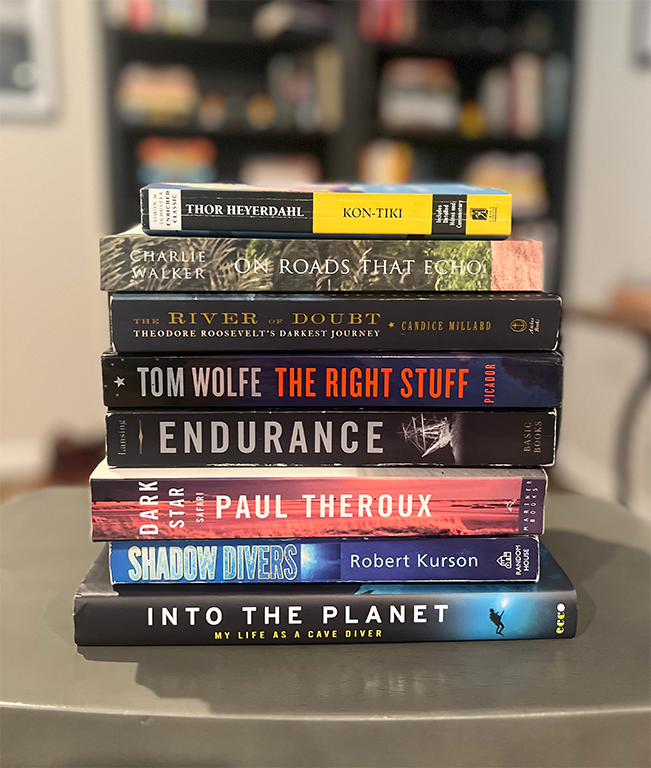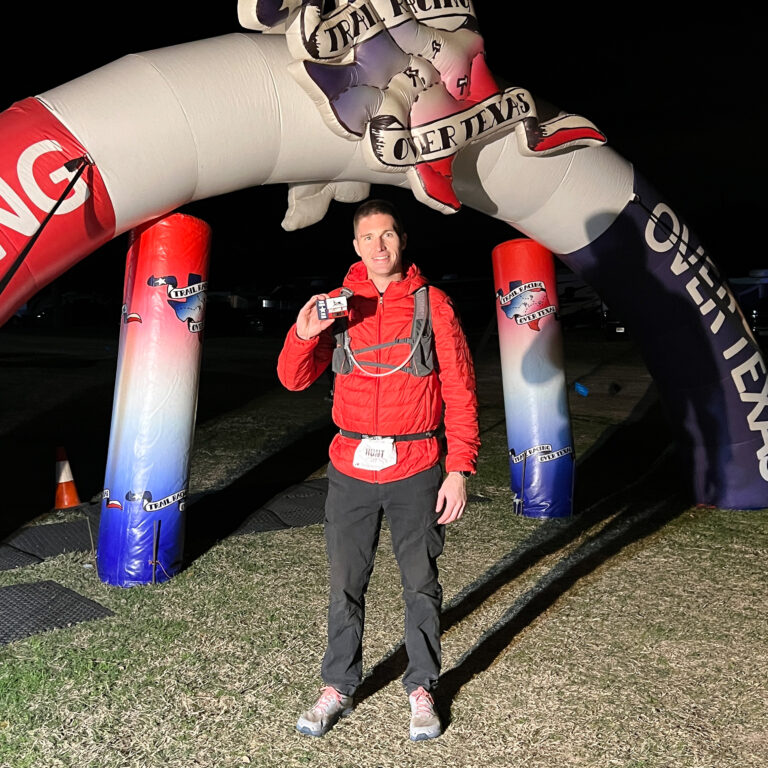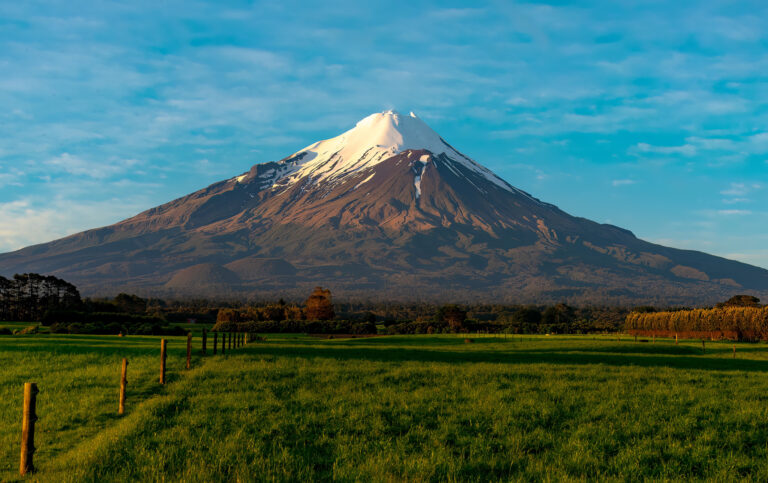These 12 books are by far my favorite adventure reads of all time. They have had a profound impact on my approach to life over the years and are sure to ignite the adventurous spirit in you as well.
Endurance by Alfred Lansing
One of the more popular adventure books, but undoubtedly one of the most epic stories of perseverance of all time. This gripping narrative recounts one of the most extraordinary feats of survival. In 1914, Shackleton set sail for Antarctica with a team of 27 men, but his ship, the Endurance, became trapped and was slowly crushed by pack ice. The crew was forced to abandon ship and embarked on an incredible journey over the icy seas and treacherous landscapes. Lansing uses the diaries of expedition members and interviews with some of the survivors to provide a detailed and captivating account of this astounding event
Kon-Tiki: Across the Pacific in a Raft by Thor Heyerdahl
Heyerdahl, along with five companions, sailed across the Pacific Ocean from Peru to the Polynesian islands on a hand-built raft in 1947. They wanted to prove that ancient people could have made long sea voyages, creating contacts among separate cultures. The book provides fascinating insights into their 101-day journey over 4,300 miles of ocean, offering both thrills and groundbreaking ethnographic speculation.
Shadow Divers by Robert Kurson
In this real-life thriller, John Chatterton and Richie Kohler risk everything to identify a mysterious sunken ship 60 miles off the coast of New Jersey. It turns out to be a WWII German U-boat, a discovery that challenges established history. Their dogged research over six years in the face of life-threatening challenges makes for a fascinating read, as well as a testament to the human spirit’s tenacity.
The Right Stuff by Tom Wolfe
Wolfe explores the lives of the seven original Mercury astronauts, including Alan Shepard and John Glenn. The book delves into the personal, political, and scientific aspects of the early days of the American space program. It’s not just a detailed chronicle of the test pilots who risked their lives to be the first Americans in space but also a cultural analysis of what drove these men to make the choices they did.
Everest 1953: The Epic Story of the First Ascent by Mick Conefrey
This is a thoroughly researched account of the historic ascent of Mount Everest in 1953. Conefrey draws on unpublished material and interviews with surviving team members to offer a comprehensive look at the physical and psychological challenges faced by the climbers. The book captures the political, cultural, and scientific context of the time, making the achievement even more extraordinary.
Dark Star Safari: Overland from Cairo to Cape Town by Paul Theroux
Theroux provides a vivid, insightful, and often gritty account of his journey across Africa. He eschews the usual transportation methods for locals’ means, such as rickety buses and bush taxis. His detailed observations and encounters range from enlightening to harrowing, providing an unvarnished view of a continent in flux.
The River of Doubt: Theodore Roosevelt’s Darkest Journey by Candice Millard
Following his defeat in the 1912 presidential election, Roosevelt embarks on a dangerous journey down an uncharted tributary of the Amazon, the River of Doubt. Along with his son Kermit and Brazil’s most famous explorer, Cândido Mariano da Silva Rondon, Roosevelt faces a series of catastrophes that challenge their survival. The book is a riveting tale of adventure, politics, and the human spirit.
Adrift: Seventy-Six Days Lost at Sea by Steven Callahan
When Callahan’s small sloop, the Napoleon Solo, sinks in the Atlantic, he is left alone in a life raft, with only a few pieces of survival gear. Over the course of 76 days, he confronts not only the challenges of finding food and water but also the psychological trials of isolation and despair. The book is a remarkable testament to the will to survive.
Into the Planet: My Life as a Cave Diver by Jill Heinerth
Heinerth’s memoir takes readers into the alien, dangerous world of underwater caves. It’s a world few people have ever seen and one where any mistake can be fatal. Along with exploring these underwater wonders, the book also tackles the challenges of being a woman in a male-dominated field.
Born to Run: by Christopher McDougall
McDougall sets out to discover why the Tarahumara Indians of Mexico’s Copper Canyons are the world’s greatest distance runners. His journey not only introduces an array of unique characters, including the mysterious, almost mythical, runner known as Caballo Blanco but also explores the science of endurance running. The book sparked a movement of barefoot and natural running due to its exploration of the Tarahumara’s minimalist running style.
Deep Survival: Who Lives, Who Dies, and Why by Laurence Gonzales
This book explores the science and psychology of survival. Through various true survival stories, from airplane crashes to extreme wilderness adventures, Gonzales dissects the decision-making processes and emotional intelligence that can make the difference between life and death. The book combines personal narratives, scientific research, and Gonzales’ own insights to provide a new perspective on facing life’s challenges.
On Roads That Echo: A Bicycle Journey from Asia to Africa by Charlie Walker
Chronicling Walker’s three-year, 43,000-mile bicycle journey, this book immerses readers in the trials and rewards of long-distance cycling. From the Arctic Ocean to the heart of Africa, Walker shares encounters with diverse cultures, landscapes, and personal introspections. It’s not just a travel memoir, but also a deep exploration of solitude, resilience, and the transformative power of sustained adventure.


